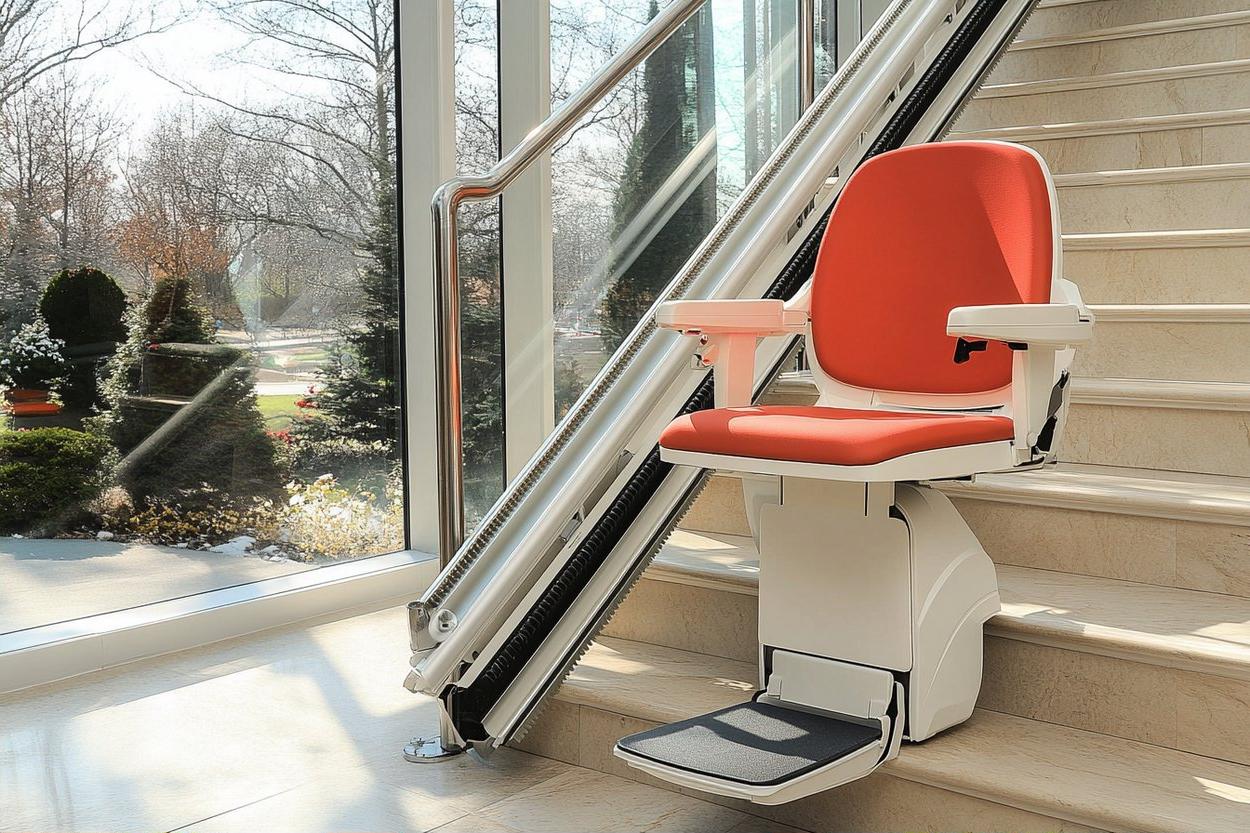The Average Nurse Salary in the US in 2025 – The Full Picture
Nursing continues to be a central component of the US healthcare system, and understanding compensation patterns can be helpful for students, career planners, and those studying workforce trends. Rather than pointing to real-time openings or specific job opportunities, this overview focuses on broad, general factors that influence nursing pay across the country.

The nursing profession remains one of the most stable and rewarding career paths in healthcare, with compensation reflecting the critical role nurses play in patient care. As healthcare systems adapt to changing demographics and technological advances, nursing salaries have evolved to attract and retain qualified professionals across various specialties and regions.
What Determines Registered Nurse Salary Ranges
Several key factors influence nursing compensation across the United States. Educational background plays a fundamental role, with nurses holding Bachelor of Science in Nursing (BSN) degrees typically earning higher salaries than those with associate degrees. Years of experience significantly impact earning potential, as seasoned nurses often command premium compensation for their expertise and clinical judgment.
Certifications and specialized training create additional earning opportunities. Nurses who pursue advanced certifications in areas such as critical care, emergency nursing, or oncology often see substantial salary increases. The demand for specific skills in healthcare facilities directly correlates with compensation levels, particularly in high-stress or specialized environments.
Average Nurse Salary Expectations Across Specialties
Nursing specialties demonstrate considerable variation in compensation structures. Critical care nurses, operating room specialists, and emergency department professionals typically earn above-average salaries due to the intensive nature of their work and specialized skill requirements. Pediatric nurses, medical-surgical nurses, and rehabilitation specialists represent mid-range compensation categories.
Outpatient clinic nurses and long-term care facility professionals often fall into lower salary ranges, though these positions may offer better work-life balance and reduced stress levels. Nurse practitioners and clinical nurse specialists command the highest salaries within the nursing profession, often exceeding traditional registered nurse compensation by significant margins.
Nurse Salary 2025 Trends and Market Influences
Current market trends indicate continued growth in nursing compensation, driven by ongoing healthcare worker shortages and increased demand for medical services. The aging population requires more healthcare services, creating sustained demand for qualified nursing professionals. Technology integration in healthcare settings has created new opportunities for tech-savvy nurses, often accompanied by premium compensation.
Travel nursing has emerged as a significant factor influencing salary expectations, with temporary assignments often offering substantially higher hourly rates than permanent positions. This trend has prompted many healthcare facilities to increase base salaries to retain permanent staff and compete with travel nursing agencies.
Regional Variations in Nursing Compensation
Geographic location significantly impacts nursing salaries across the United States. Coastal states, particularly California, New York, and Massachusetts, typically offer the highest nursing salaries, though cost of living considerations must be factored into overall compensation value. Western states generally provide competitive compensation packages, while southern and midwestern regions often offer lower base salaries but may provide better cost of living ratios.
Urban areas consistently offer higher salaries than rural locations, though rural facilities may provide additional benefits such as loan forgiveness programs, housing assistance, or signing bonuses to attract qualified candidates. State regulations, union presence, and local healthcare market conditions all contribute to regional salary variations.
Nursing Salary Comparison by Employment Setting
Different healthcare settings offer varying compensation structures and benefit packages. Understanding these differences helps nursing professionals make informed career decisions based on their priorities and professional goals.
| Employment Setting | Average Salary Range | Key Benefits | Typical Experience Level |
|---|---|---|---|
| Major Medical Centers | $75,000 - $95,000 | Comprehensive benefits, continuing education | 2+ years experience |
| Specialty Hospitals | $70,000 - $90,000 | Specialized training, career advancement | 1-3 years experience |
| Outpatient Clinics | $60,000 - $75,000 | Regular hours, work-life balance | Entry level to experienced |
| Long-term Care | $55,000 - $70,000 | Stable patient relationships, predictable schedule | All experience levels |
| Travel Nursing | $80,000 - $120,000 | Housing stipends, tax advantages | 2+ years experience required |
Prices, rates, or cost estimates mentioned in this article are based on the latest available information but may change over time. Independent research is advised before making financial decisions.
The nursing profession continues to offer strong earning potential across various specialties and geographic regions. As healthcare needs evolve and technology advances, nursing professionals who invest in continuing education and specialized training position themselves for optimal compensation opportunities. Understanding regional variations, specialty demands, and employment setting differences enables nurses to make strategic career decisions that align with their financial goals and professional aspirations.




